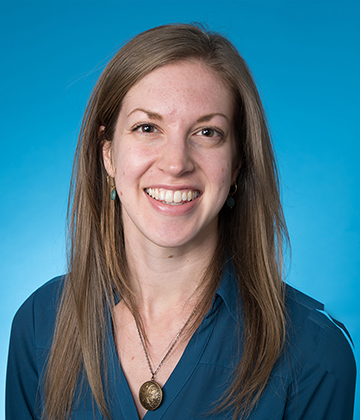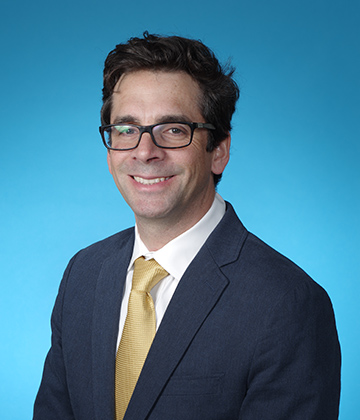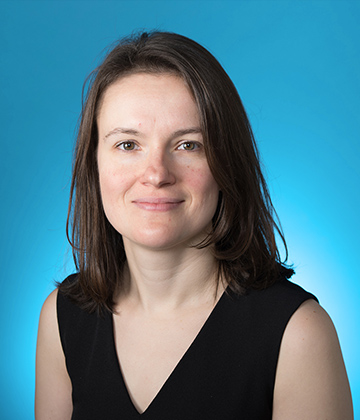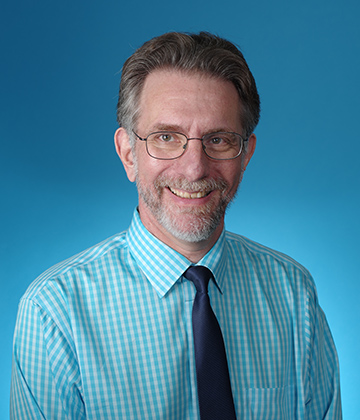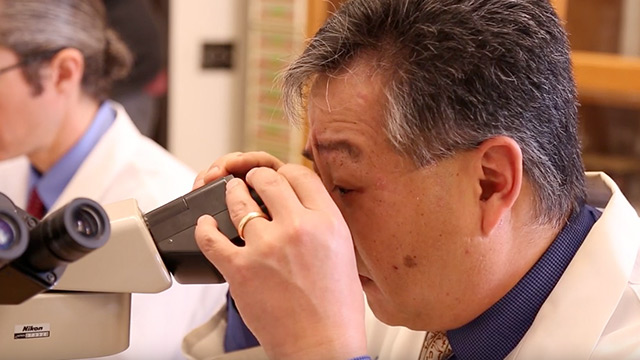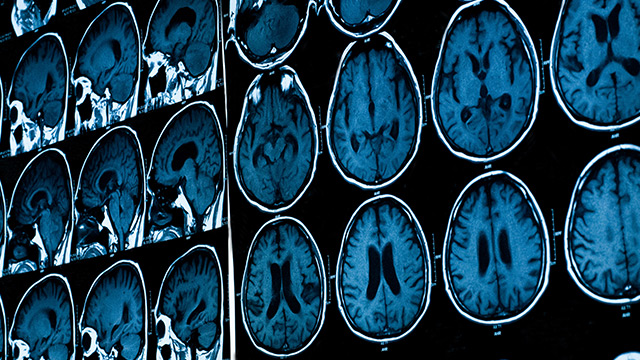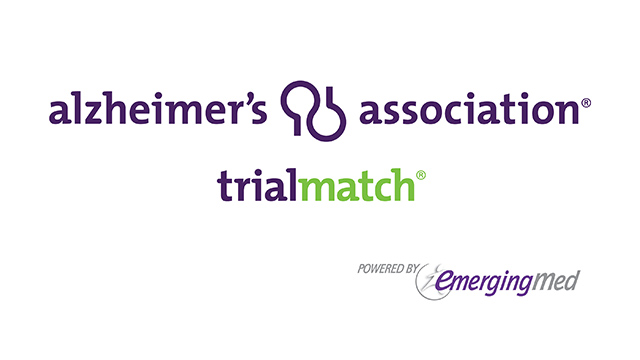2017 - 2018
Healthy Aging Study Annual Report
Over the past year, the Emory Healthy Aging Study has worked to identify how aging affects our bodies and minds. We reached some incredible milestones in 2018. See what we learned, meet the researchers who helped us get there, and the participants who made it all possible.
If you had the chance to change the world, would you?
Welcome to the Emory Healthy Aging Study. This is your opportunity to partner with leading physicians at Emory University and help make discoveries that will change our understanding of aging and age-related diseases for generations to come.
It’s easy. It’s historic. It’s one for the ages.
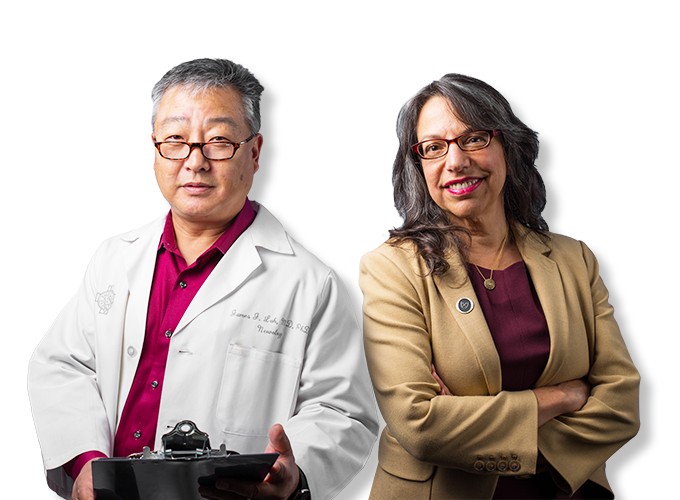
Our 100,000 Goal
100,000 registrants. That’s the number we’re aiming for, and we’re proud to say we're 20.7% of the way there. Our participants come from all ages, races, and walks of life. Because of the diversity required for this study, we utilized several different methods to reach potential candidates.
From Lead to Participant
How will we hit our 100,000 registrant goal? We start by generating leads. The first step is to garner interest and engagement in this historic research endeavor. We continue to introduce people to the Emory Healthy Aging Study.
From there, we ask these leads to register for more information. Preliminary data is gathered to determine the potential participant's age and email address. They'll create a password so that if they pause this step, it’s easily accessible at a later date.
Participation in this study relies entirely on consent from the volunteer. We make everything easy and transparent for each participant, so that they know what they are agreeing to by joining the study. After they've given their approval, we gather their contact information. The final step in participation is the completion of the health history questionnaire. This valuable data is helping us better understand how we age and age-related diseases.
Participants
Meet the people who made it all possible; our participants. Their willingness to volunteer their time to our research has led to some astounding discoveries.
Registrants by Age
The mystery of aging is the entire reason for the Emory Healthy Aging Study, and therefore is an important factor in determining if a candidate is eligible to participate. While we're open to participants over the age of 18, our largest pool comes from the 56 - 75 range. These are the people that feel the effects of aging most, and are learning about their own health as well as helping the study.
Registrants by Gender & Race
We strive for diversity within the Emory Healthy Aging Study. It's important that our research discovers how different people from all walks of life are impacted by aging. In 2018, we saw that a large portion of our volunteers were Caucasian females. To diversify our candidate pool, we used Facebook to reach other races and genders. By targeting African-Americans and male audiences with highly segmented social media advertising, we're helping to bridge the gap in race and gender with our current volunteers.
Share the Study
A diverse group of volunteers is essential to our research. While aging is a universal process, its affects are nuanced among different races and genders. It’s important that our participant pool equally represents all members of our society. To help us ensure that our research is working towards healthy aging for all, please share our study with your friends!



Registrants by Location
Emory University Hospital is located in Atlanta, Georgia, on Emory University’s campus. Because of our community involvement and the need to see our Emory Healthy Brain Study volunteers in person, a vast majority of our participants are from the metro-Atlanta area. However, our self-reported Health History Questionnaire can be answered from any part of the country. While our more in-depth brain research requires a clinical visit, people from any state can join the Emory Healthy Aging study just by visiting our website!
Questionnaire Responses
A large part of our research involves self-reported data from our participants. Our Health History Questionnaire aims to tell us about the personal lives of our volunteers, as well as their family history with age-related diseases. What would your answers look like if you joined the study? Find out below!
Lifestyle
How many beverages with added sugar do you drink in a week?

During the past year, how often did you read books on paper or electronically?

How many hours of sleep do you usually get at night?

Health History
Do you have a family history of Alzheimer’s Disease (biological mother, father or sibling)?

Have you ever had a concussion?

Have you ever been diagnosed with depression?

Sources
How do we reach our potential participants? From highly targeted media campaigns to attending community events, we're raising awareness of the Emory Healthy Aging Study through multiple channels.
HHQ Completions and Registrants by Source
Educating our community about the Emory Healthy Aging Study is a crucial part of reaching our registration goal. We reached potential participants in a number of ways last year, with the hopes that they would take the next step and complete a Health History Questionnaire. The chart below indicates which channels drove the most registrations and Health History Questionnaire completions.

With its vast user-base, it was no surprise that the second highest amount of Health History Questionnaire completions came from Facebook. Using niche targeting, creative messaging, and relatable imagery, we were able to hone in on our ideal candidate for participation.
Emory Patients
At Emory Hospital, our renowned medical team is helping treat patients on a daily basis. For the Emory Healthy Aging Study, we saw a large portion of these patients return the favor and volunteer for our study. Their participation in the Emory Healthy Aging Study or any of our substudies in no way impacts the care they receive in any other setting.
Research
The Emory Healthy Aging Study is a multi-faceted, large-scale research effort to unlock the mysteries of how we age. While we look into the broad impacts of age-related diseases, we're also diving deeper into how the brain is affected through our sub-studies.
Emory Healthy Aging Substudies & Assessments
We’ve identified four specific aspects of the aging process to further study, within the realm of the Emory Healthy Aging Study. These substudies of the Emory Healthy Aging Study help us learn more about how our brain and mental health change as we grow older.
What We’ve Learned So Far
While the Emory Healthy Aging Study is still in its early stages, data collected from the participants has already been utilized to draw some interesting preliminary conclusions on the effects of aging.
On Perceived Cognitive Decline
Within our sample, minority race, older age, and greater mood symptoms significantly predicted participant perceptions about cognitive decline. Parental history of MCI and AD did not.
Those with mood symptoms are at a higher risk of perceived cognitive decline and warrant additional monitoring for the first signs of Alzheimer’s disease.
On Cognitive Testing
Based on other findings, we were encouraged to examine the construct validity of the MoCA indices. The MoCA (Montreal Cognitive Assessment) is a brief assessment of overall cognition over several domains including visuospatial skills, memory, attention, and executive function.
We compared performance scores on the MoCA indices to other well-validated neuropsychological measures of the same domain. The results suggest that the indices have some shortcomings and may not be as accurate as we’d like.
These findings reinforce the use of longer, but more complete and thorough cognitive testing in our research.
On Our Mobile Assessment
The mobile assessment project began with the goal of having a remote method to measure cognition. By using a mobile application, people would be able to regularly engage in cognitive tasks without having to come for an in-person visit.
We compared the results of our mobile app, Arrows, with the results of an older computer test, Flanker. These tests are designed to measure processing speed, visual attention, and inhibition.
There is preliminary evidence for task reliability given the relationship between Arrows and Flanker reaction times. The majority of perfect scores on Arrows suggests a difference in difficulty from Flanker. Being able to use one hand with mobile verses the two on Flanker may contribute to this.
Future research will incorporate task modifications to increase the overall difficulty of Arrows to better allow us to compare it with Flanker.
Featured Researchers
